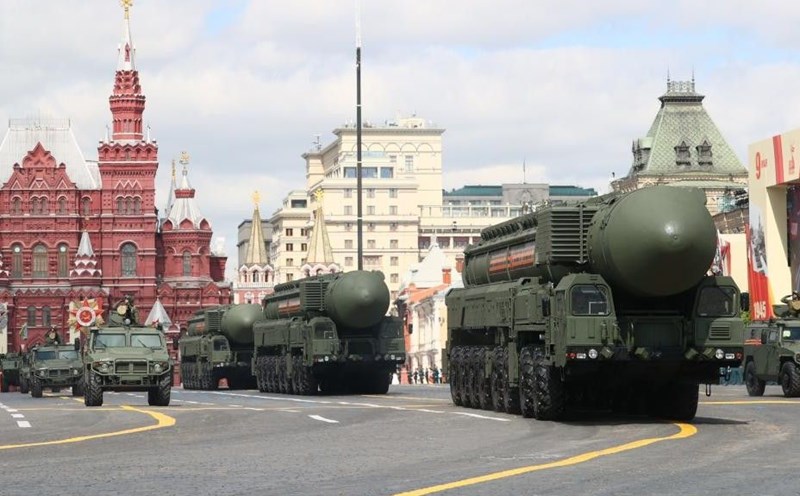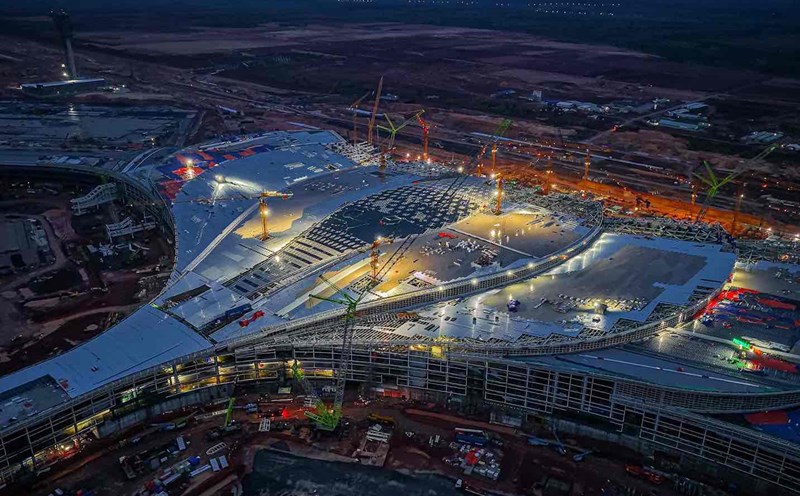Russia is preparing to explode a "infrastructure boost of the century": Europe's largest high-speed rail network, up to 4,500km long, using domestic trains that can reach a maximum speed of 400 km/h.
The plan was announced by Russian Prime Minister Mikhail Mishustin, after President Vladimir Putin officially turned on the green light.
Speaking at a government meeting on September 16, Prime Minister Mishustin emphasized that the project will significantly shorten travel time, opening an era of high-speed transportation for Russia.
Key route Moscow - St. Petersburg. Petersburg will reduce from 4 hours to just over 2 hours. In addition, the high-speed railway system will connect Moscow with Minsk (Belarus), Adler on the Black Sea coast, Ekaterinburg in the Ural region, Ryazan and a series of other major cities.
Going between urban areas must be safe, convenient and time-saving. In the modern world, time is becoming more and more valuable. Therefore, we are mastering the technology and implementing a strategy for developing high-speed railway infrastructure, the Russian Prime Minister emphasized.
According to the plan, the project will be completed within 6 months. The first route Moscow - St. Petersburg. Petersburg, 679km long, has started construction, and will be the launch site of a new generation of bullet trains.
Russian media said the ship's name could be chosen through a public vote, with a suggestion like "Luch". Currently, the fastest route in Russia between the two cities still uses the Siemens Velaro Sapsan ship at a speed of 250 km/h.
With a scale of 4,500km, Russia will surpass Spain (3,970km) to own the largest high-speed rail network in Europe, and rank second in the world after China. Notably, the new Russian train will also surpass the French TGV's speed record of 320 km/h - a long-standing pride in Europe.
On a global scale, China is still absolutely leading with more than 64,000km of high-speed railway, along with "speed monsters" such as Shanghai Maglev (460 km/h) or CR400 Fuxing Hao (350 km/h). However, Russia is showing its ambition to step into the top group, both to modernize infrastructure and affirm its technological and strategic position in the context of fierce international competition.
Analysts say that in addition to the socio-economic impact, the project is also a "soft lever of power" of Moscow, helping Russia demonstrate its capacity to localize technology and reduce dependence on the West, especially in the field of strategic infrastructure.









